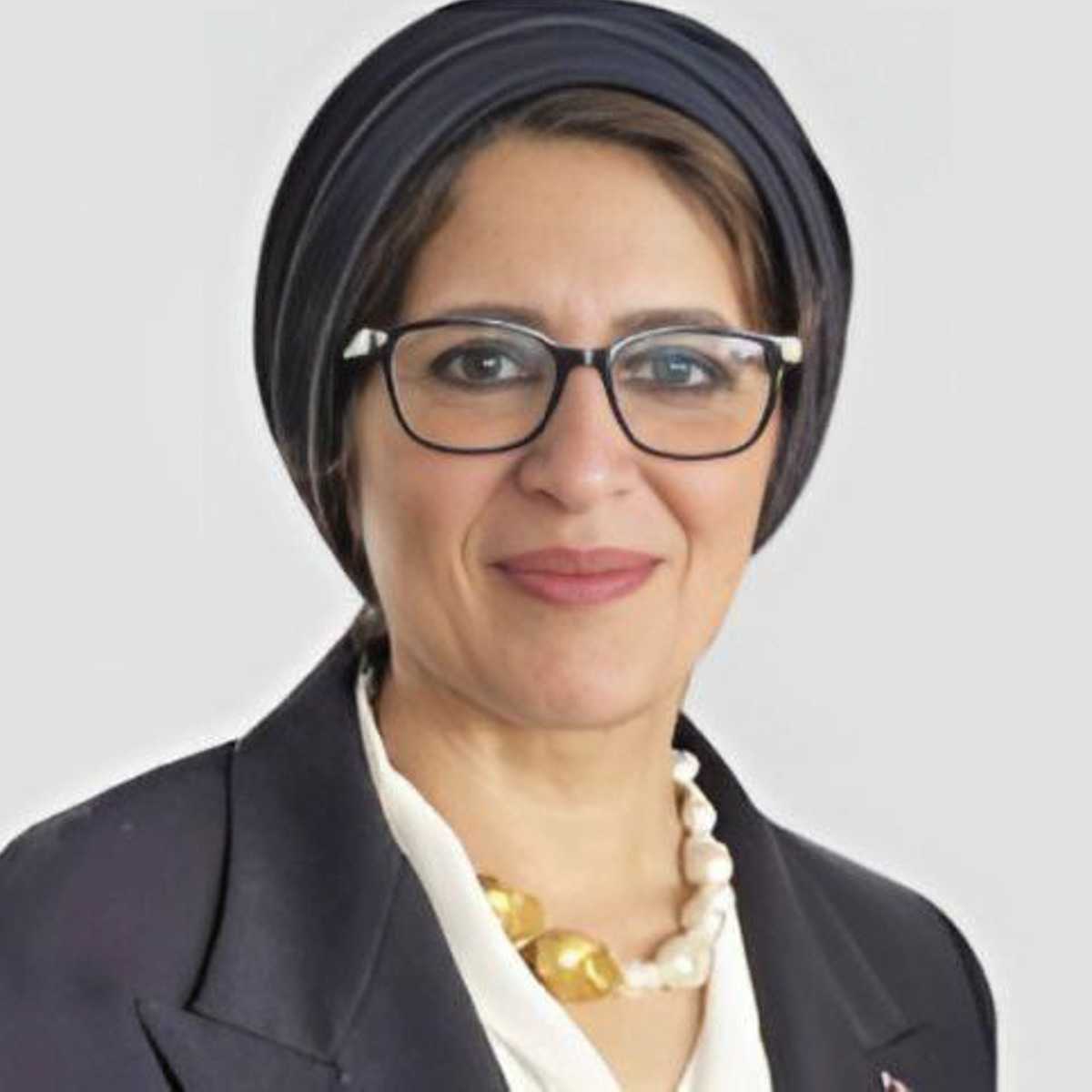

May is Asian American Pacific Islander (AAPI) Heritage Month—a celebration of Asians and Pacific Islanders in the United States. A rather broad term, Asian/Pacific encompasses all of the Asian continent and the Pacific islands of Melanesia, Micronesia and Polynesia. The month of May was chosen to commemorate the immigration of the first Japanese individual to the United States on May 7, 1843, and to mark the anniversary of the completion of the transcontinental railroad on May 10, 1869—the majority of the workers who laid the tracks on that railroad were Chinese immigrants. This month pays tribute to the generations of Asian and Pacific Islanders who represent a key part of the history of the United States and are crucial to its future.
The AAPI community has been shaping American culture, politics and society throughout the country’s history. Yet, structural forces continually stereotype, exoticize and “other” AAPI individuals and communities as “perpetual foreigners.” Recent events like the shootings in Indianapolis and Atlanta, the surge in xenophobic hate crimes and microaggressions further fueled by anti-Asian sentiment in the pandemic continue to remind us of the long road ahead to true justice in America. Additionally, the recent rise in COVID-19 infection rates and the devastating numbers of deaths across India are felt deeply across the world, especially for South Asian communities and families.
In recognition of these challenges facing the AAPI community, for AAPI heritage month at APCO this year we’ll be focusing on solidarity, community and celebration. We hope to demonstrate solidarity in the fight against racism and xenophobia, while also creating space for healing, education and collaboration as a rich and diverse community. In the coming weeks, you’ll hear from APCO staff members analyzing a wide range of topics and issues, including:
- Mental health stigmas—according to Mental Health America, AAPI communities are least likely to seek mental health services—and how individuals and organizations can help destigmatize addressing mental health issues, and to make help more accessible;
- Not a monolith—it is critical to understand that “AAPI” encompasses a wide range of identifies, ethnicities, nationalities, cultures and backgrounds. Communities and individuals have unique experiences shaping their identity and recognizing these differences is a critical first step to truly understand the various challenges and struggles;
- Representation of Asian Americans in PR. Asian Americans represent about 5.9 percent of the U.S. population and about 5.8 percent of public relations professionals, according to the Bureau of Labor Statistics. Whether this representation in labor force has resulted in accurate, unbiased representation in the PR industry is an issue worth analyzing; and
- Given the number of factors that may affect a particular AAPI individual’s experience, including generational differences—first, 1.5, second, etc.—location, community demographics and language barriers, among others, there is no such thing as a typical AAPI story. Our APCO colleagues will share their experiences to highlight the full spectrum of the AAPI identity.
Our programming will provide historical context and educational resources, share employee experiences through events and thought leadership, and show the importance of representation in PR and the broader communications industry.
*With contributions from Minty Pham and Jimmy Koo.
APCO Alumna Grace Boyle and Anna-Leigh Ong contributed to this post.


